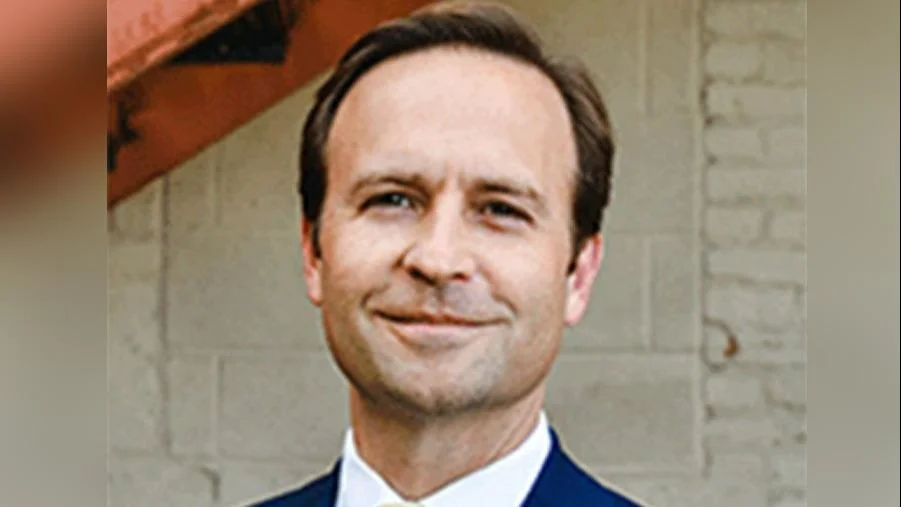Brian Calley President and Chief Executive Officer at Small Business Association of Michigan | Official website
Brian Calley President and Chief Executive Officer at Small Business Association of Michigan | Official website
In Groff v. DeJoy, 600 U.S. 447 (2023), the U.S. Supreme Court heightened the criteria for denying religious accommodations from showing an “undue hardship” to incurring “substantial increased costs” compared to normal business expenses. Previously, employers could demonstrate that a minimal increase in costs constituted an undue hardship.
In a unanimous decision, the Supreme Court aligned the undue hardship standard with that under the Americans with Disabilities Act (ADA), thereby increasing the burden on employers to prove hardship. For instance, a request for a weekend day off for Sabbath observance would not be considered a hardship if it merely required modifying employee schedules.
Religious objections can extend beyond requests for time off and may include issues such as vaccine mandates or diversity training that discusses LGBTQ rights or pronoun usage. On March 7th, the Equal Employment Opportunity Commission (EEOC) issued an administrative decision regarding an employee who sought exemption from diversity training on religious grounds. The employee's request was denied, leading them to appeal to the EEOC for review—a process available to federal employees.
The employee demonstrated that they held a sincerely held religious belief as a Roman Catholic and claimed that the training contradicted these beliefs. They wished to skip portions of the training but were informed by their agency that doing so could result in disciplinary action.
The compliance training in question covered EEO laws, including minor content related to LGBTQ issues. The EEOC noted that this content did not require employees to "affirmatively profess support for values contrary to their religious beliefs" but aimed at promoting compliance with EEO laws and workplace conduct rules.
The EEOC ruled against the employee but clarified that “substantial cost” encompasses more than just monetary concerns; it includes broader implications within an employer’s business context. According to the EEOC, undue hardship can be established if a proposed accommodation significantly burdens an employer’s ability to meet other legal obligations under Title VII or other equal employment opportunity laws.
The decision also emphasized that employers must engage in interactive discussions regarding accommodations and compare these across different lines of religion and ADA requirements. Employers should not outright reject accommodation requests but should document any substantial costs associated with them.
Religious objections pose significant challenges for employers, ranging from pronoun usage and bathroom policies to dining arrangements based on sincerely held religious beliefs. However, such beliefs cannot justify harassment or discrimination against employees according to EEOC standards.
Jonathan Segal, a partner at Duane Morris LLP and managing principal of its human resources training division, noted that this analysis is relevant for private sector employees as well: “The analysis the EEOC employed with regard to this federal sector employee is virtually identical to the position the EEOC would take in a case involving a private sector employer,” Segal said. “So, I think it’s a great object lesson for employers.”
By Anthony Kaylin, courtesy of SBAM-approved partner ASE.
Source: Law360 4/4/24
Barrett v. Vilsack,
Appeal No. 2019005478,
Agency No. NRCS-2019-00071 (3/7/24)
Click here for more News & Resources.






 Alerts Sign-up
Alerts Sign-up